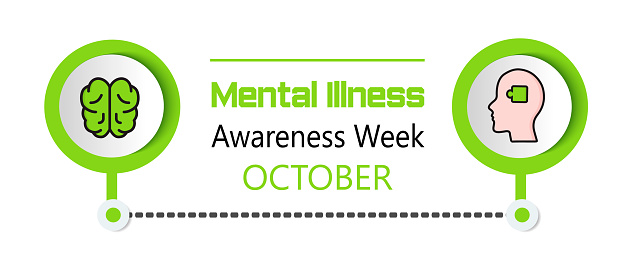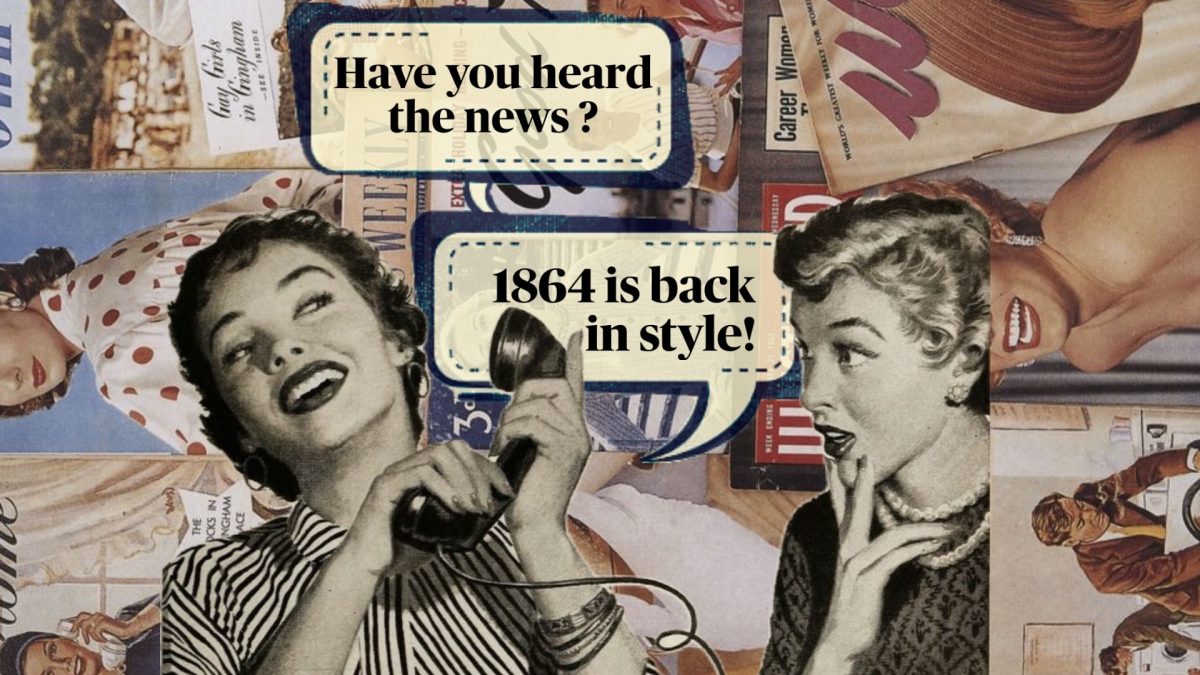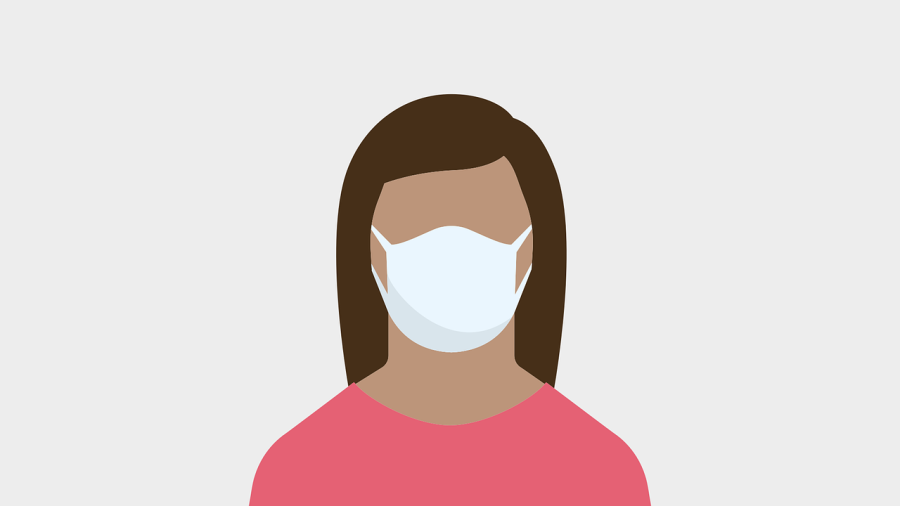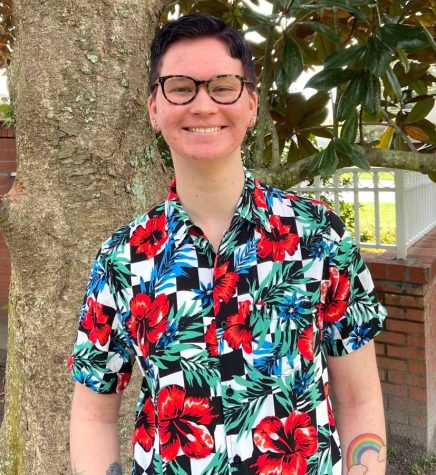This article makes frequent reference to delicate mental health issues. Please read at your discretion.
Mental health and the stigmas surrounding it are being discussed more and more each year; an important trend that should not slow down. But these conversations about mental health often leave those struggling with mental illness in the dust.
According to MentalHealth.gov, mental health involves social, emotional and psychological health. Mental illness often occurs as a result of poor mental health. It interferes with daily life, as it impacts thoughts and behaviors. It can also lead to more serious outcomes like self-harm and suicide.
The first full week of October is National Mental Illness Awareness Week in the U.S. According to the National Alliance on Mental Illness, one in five Americans suffers from mental illness on any given day.
We need to talk about this harrowing statistic and make it more visible and more known.
Being a psychology major, I feel very passionately about this. That passion also stems from being someone who was diagnosed with several mental health conditions at 14 years old.
For years, I didn’t dare bring up my mental illnesses. I still get uncomfortable when I talk about them sometimes because I fear that people will view me in a negative light.
When I tell someone that I have bipolar disorder, they often react with visible shock and say something along the lines of, “But you seem so normal! I never would have thought that!”
That’s exactly the problem.
The idea that mental illness is always visible in how a person acts or carries themselves is just not true. Sometimes it is visible– but a lot of the time it isn’t, at least in my experience.
Most think that having depression means crying all the time, anxiety is constantly trembling and schizophrenia is just being “crazy.”
These are simply wrong. Depression can be zoning out mid-conversation with friends. But it can also be just feeling miserable while trying to make lunch. Anxiety can involve getting physically sick from fearing a situation as simple as going to a grocery store.
No two experiences are the same, so applying blanket statements to entire groups suffering from a certain illness is not right. It shows an extreme level of ignorance and carelessness.
The fact that we live in a society that makes people feel ashamed for having mental health conditions is a shame in and of itself.
This brings up the issue of toxic positivity, the idea that we always need to “look on the bright side.” A common example of this is when friends say, “Remember, it could be worse!” There will always be someone who is in a worse situation, so it’s not comforting to hear that sentiment, though the intention is likely good.
Looking at every issue with an overly positive attitude is harmful because it leads to the denial of negative feelings. Denying negative feelings gives room to fester and create problems, like mental illness.
It is normal to have negative thoughts and emotions. This becomes an issue when they become overbearing. Unfortunately, it is normalized in society to feel the need to hide those feelings.
So yes, please keep talking about mental health, but don’t forget to recognize those whose mental health is a source of significant pain in their lives. Mental illness is very real but it is not very talked about.
Listen and show support to people who are suffering from mental health conditions. Don’t invalidate experiences and feelings with toxic positivity. And finally, acknowledge the difficult reality that is mental illness.
If you or someone you know is struggling with suicidal thoughts and/or self-harm, please call the National Suicide Prevention Lifeline at 1-800-273-8255.





















